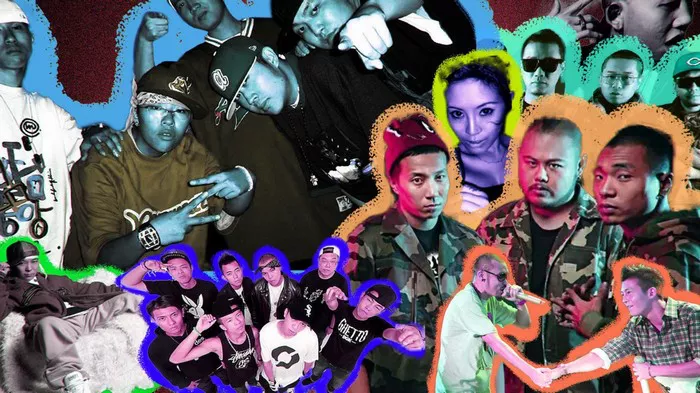The world of music is often marked by milestones that shape its trajectory, and one such pivotal moment in the history of hip-hop is the release of “Rapper’s Delight” by The Sugar Hill Gang in 1979. This iconic 12-inch single revolutionized the music industry, introducing the world to the infectious rhythm and lyrical prowess of hip-hop. Its influence went beyond being just a song; it served as the foundation for a genre that would change the cultural landscape, bridging communities, and giving a voice to generations. In this essay, we delve into the significance of “Rapper’s Delight,” tracing its roots, exploring the impact it had on the genre, and recognizing its historical importance as the first #1 hip-hop song that found its way to radio waves.
I. The Birth of a Genre: Hip-Hop Emerges
The late 1970s was a period of musical experimentation, and within this fertile landscape, hip-hop was taking its first steps. Prior to the release of “Rapper’s Delight,” the genre existed primarily in block parties and underground clubs in New York City. Hip-hop was more than just music; it was a cultural movement, driven by innovative artists who sought to create something fresh and unique. It was a fusion of poetry, rhythm, and the urban experience, reflecting the pulse of a community. “Rapper’s Delight” would be the song that thrust hip-hop into the mainstream, introducing its undeniable groove to a broader audience and setting the stage for the genre’s ascent to global prominence.
II. The Sugar Hill Gang: A Breakthrough Moment
The Sugar Hill Gang, comprised of Wonder Mike, Big Bank Hank, and Master Gee, was the group behind “Rapper’s Delight.” However, the song’s genesis can be attributed to Sylvia Robinson, the visionary co-founder of Sugar Hill Records, who recognized the potential of hip-hop and wanted to bring it to a wider audience. The group’s charismatic delivery and witty lyrics, combined with the dynamic production, gave birth to a song that was both groundbreaking and highly appealing. It wasn’t just a catchy tune; it was a cultural statement that captured the spirit of the streets and resonated with a diverse range of listeners.
III. The Impact on Hip-Hop Culture
“Rapper’s Delight” had a seismic impact on hip-hop culture, sparking a wave of creativity and inspiring countless artists to embrace the genre. The song’s massive success opened doors for hip-hop to be recognized as a legitimate art form. It wasn’t just about the music; it was a movement that transcended barriers and brought people together. “Rapper’s Delight” served as a bridge between communities, highlighting shared experiences and breaking down boundaries. It paved the way for the diverse array of artists, styles, and voices that would emerge in the years to come, creating a cultural phenomenon that continues to thrive today.
IV. A Radiant Debut
“Rapper’s Delight” achieved another significant feat: it became the first rap song to be played on the radio. This milestone was a crucial turning point, as it expanded the reach of hip-hop beyond the confines of local parties and clubs. The airwaves carried the infectious beats and clever verses of “Rapper’s Delight” to homes across the nation, introducing audiences of all backgrounds to the genre’s unique sound. This radio debut marked the beginning of a new era for hip-hop, one where it would become a cultural force to be reckoned with. It wasn’t just a hit; it was a phenomenon that captured the hearts of listeners everywhere.
V. Legacy and Continued Influence
The legacy of “Rapper’s Delight” extends far beyond its initial release. It served as a blueprint for the hip-hop artists who followed, setting the stage for a genre that would continue to evolve and diversify. The song’s impact can be felt in the music of subsequent generations, from the golden era of the 1980s and 1990s to the modern hip-hop landscape. It remains a timeless classic, a track that has managed to capture the spirit of its time while remaining relevant and influential to this day. “Rapper’s Delight” isn’t just a song from the past; it’s a living testament to the power of music to unite, inspire, and shape culture.
Conclusion: A Pioneering Anthem
“Rapper’s Delight” by The Sugar Hill Gang is more than just a song; it’s a pivotal moment in the history of music. Its status as the first #1 hip-hop song played on the radio, coupled with its undeniable impact on hip-hop culture, cements its place in the annals of musical history. The Sugar Hill Gang and Sylvia Robinson’s visionary creation set the stage for the global phenomenon that hip-hop would become, demonstrating the genre’s universal appeal and sparking a revolution that would forever change the world of music.

